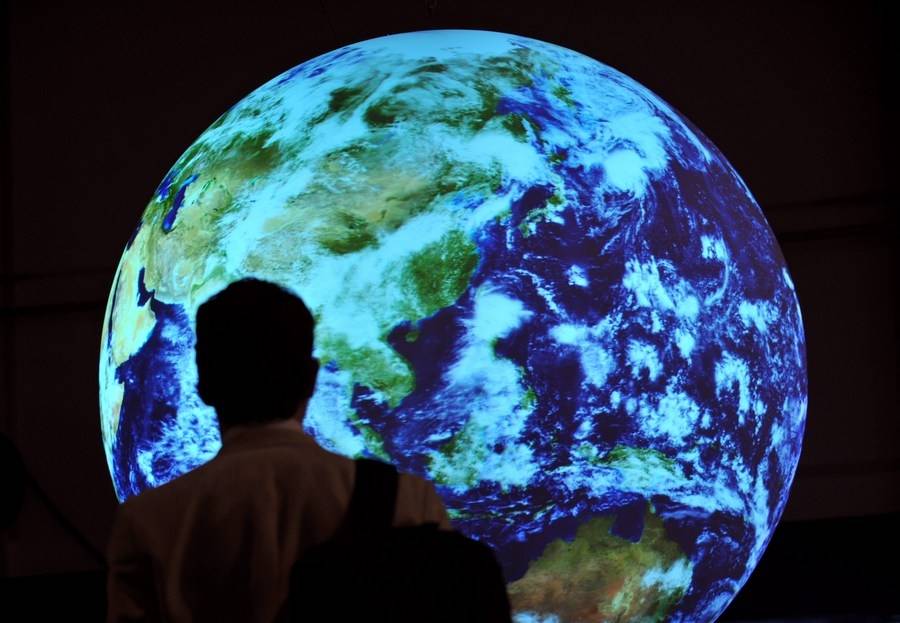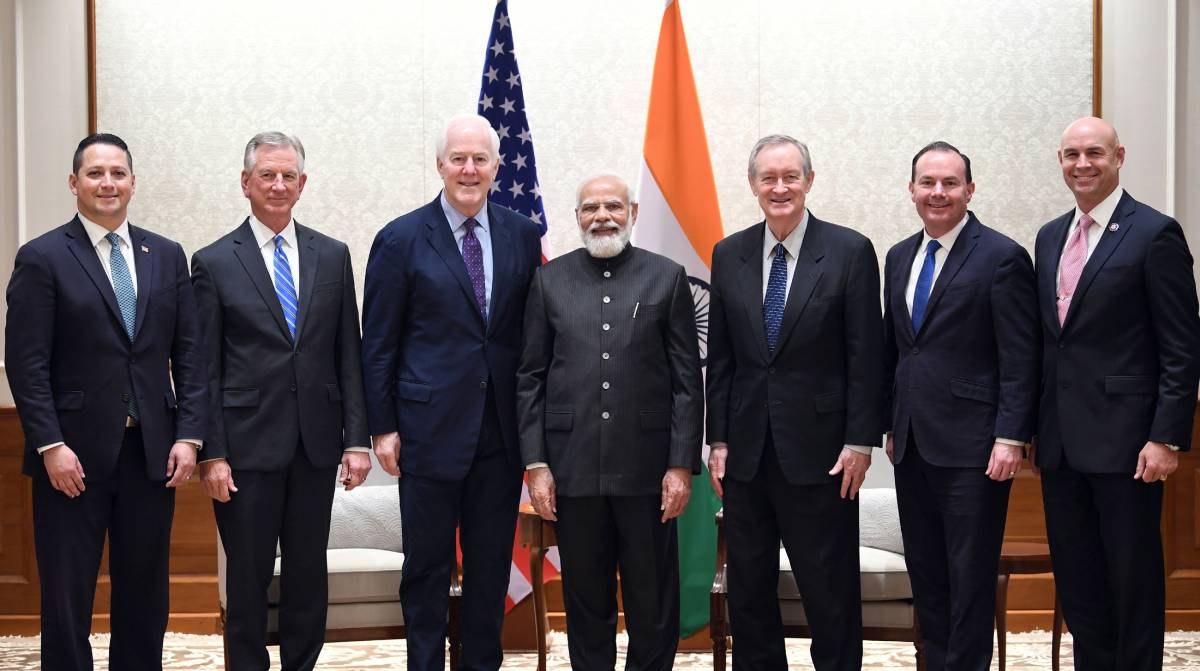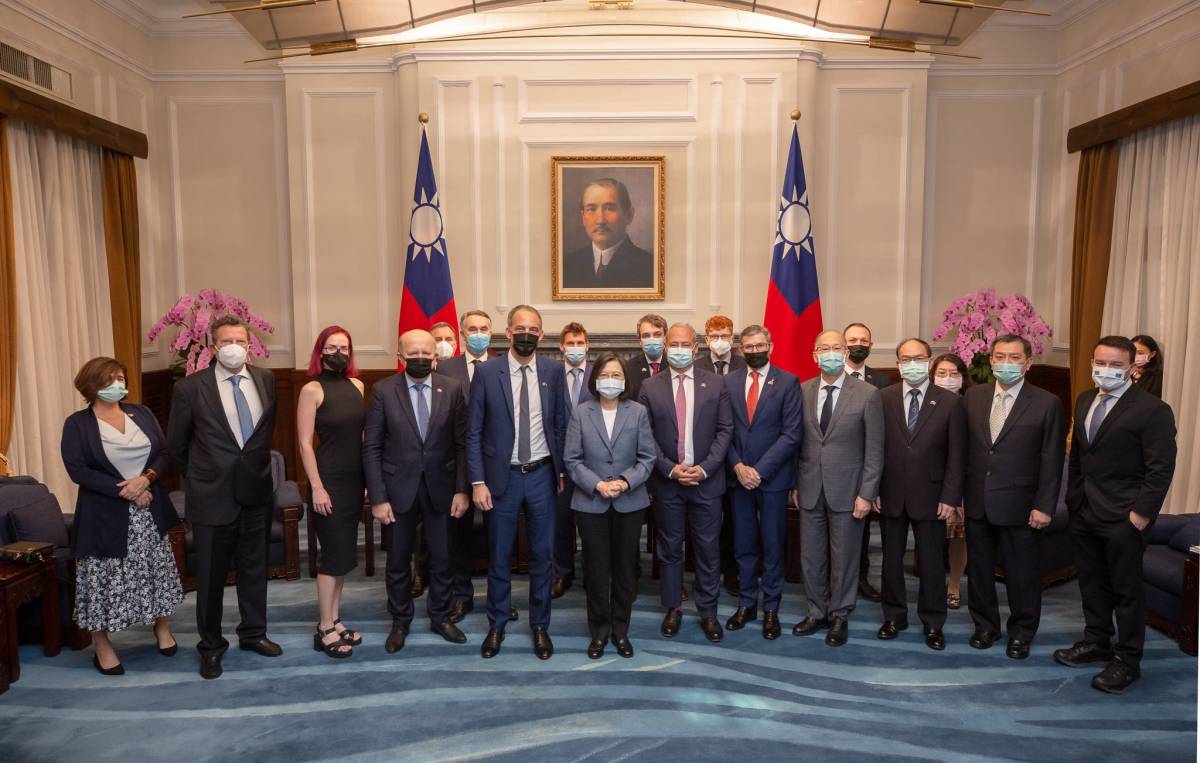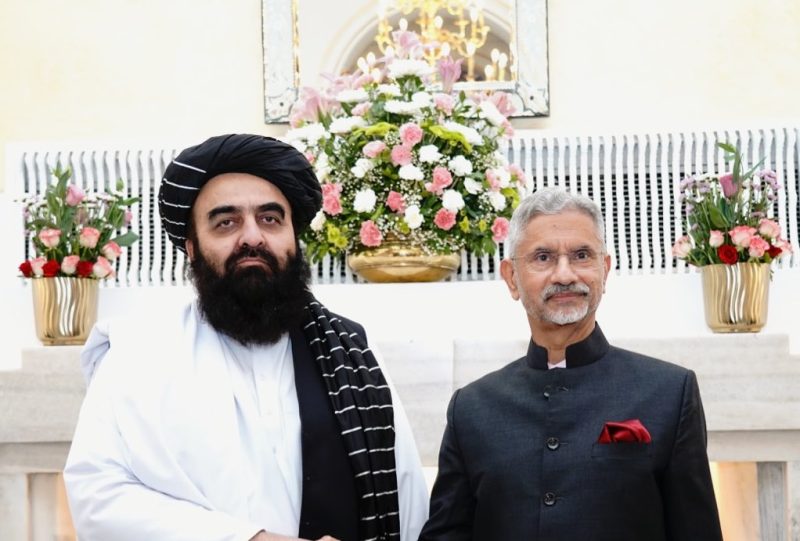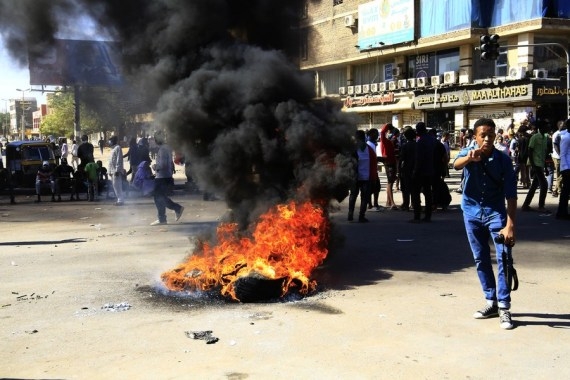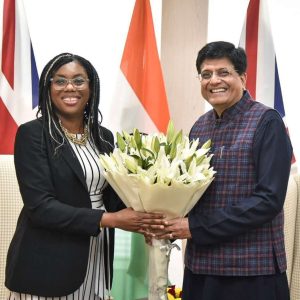India manages to convince the world to include coal to the ‘phase down’, instead of ‘phase out’ after days of negotiations, reports Vishal Gulati
In a major win in international diplomacy in the UN Climate Change Conference COP26, India on Saturday managed to convince the world to include coal to the ‘phase down’, instead of ‘phase out’ after days of negotiations.
India on finally backed the COP26 draft that was passed by nearly 200 nations.
US climate chief John Kerry said defended the Glasgow deal by saying “this is not the finish line for climate change…what we need is to live in pollution free”.

There was some strong opposition to the inclusion of ‘accelerating phaseout of unabated coal power and inefficient fossil fuel subsides’ – mainly from India and China, and supported by South Africa on coal and Iran & Nigeria on fossil fuel subsidies.
However, it’s encouraging to see Australia, the US, Turkey, Colombia, Indonesia, and Japan support the text — indicating a significant shift from their earlier stand.
Watering down of text on coal is indicative of the gap in financing and technology transfer — something that developed countries will need to focus on moving forward.
COP26 concluded in Glasgow with nearly 200 countries agreeing the Glasgow Climate Pact to keep 1.5C alive and finalise the outstanding elements of the Paris Agreement.
Climate negotiators ended two weeks of intense talks with consensus on urgently accelerating climate action.
The Glasgow Climate Pact, combined with increased ambition and action from countries, means that 1.5C remains in sight, but it will only be delivered with concerted and immediate global efforts.
The Glasgow Climate Pact will speed up the pace of climate action. All countries agreed to revisit and strengthen their current emissions targets to 2030, known as Nationally Determined Contributions (NDCs), in 2022. This will be combined with a yearly political roundtable to consider a global progress report and a Leaders summit in 2023.
The Paris Rulebook, the guidelines for how the Paris Agreement is delivered, was also completed after six years of discussions.
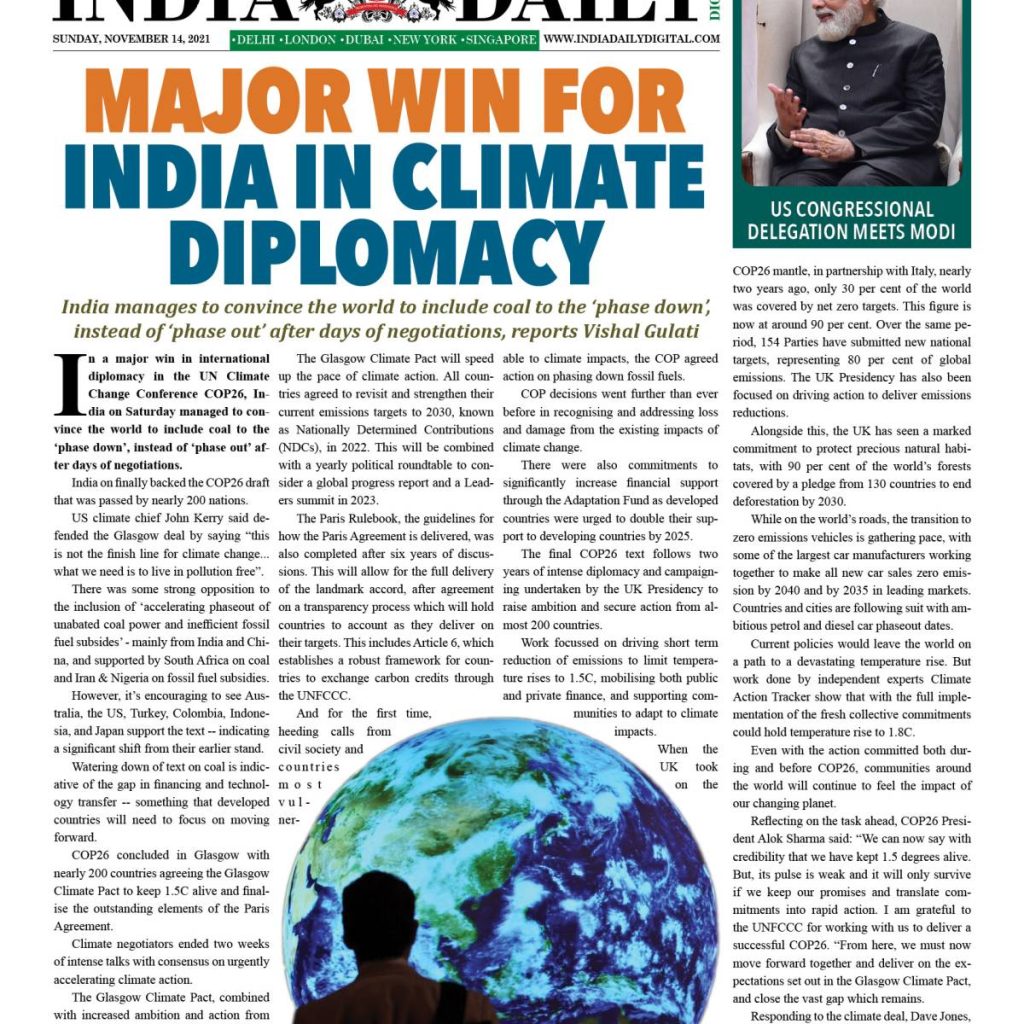
This will allow for the full delivery of the landmark accord, after agreement on a transparency process which will hold countries to account as they deliver on their targets. This includes Article 6, which establishes a robust framework for countries to exchange carbon credits through the UNFCCC.
And for the first time, heeding calls from civil society and countries most vulnerable to climate impacts, the COP agreed action on phasing down fossil fuels.
COP decisions went further than ever before in recognising and addressing loss and damage from the existing impacts of climate change.
ALSO READ-Rajnath chairs Ambassadors’ Round Table for DefExpo 2022


